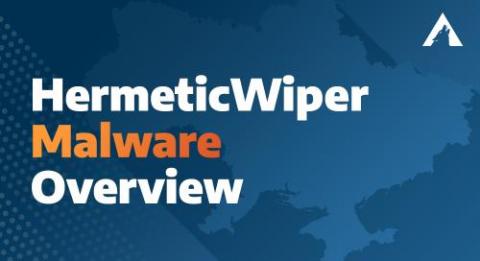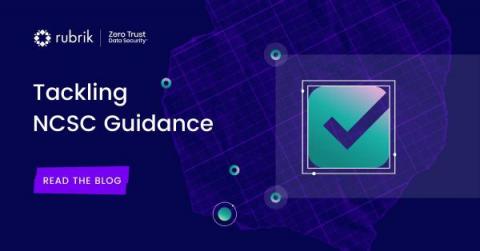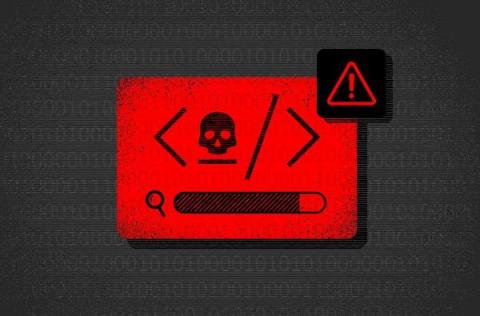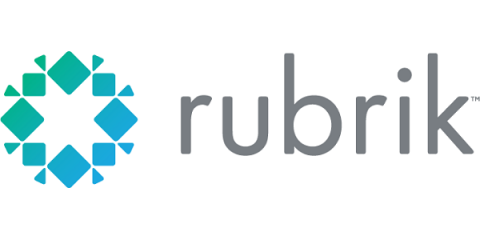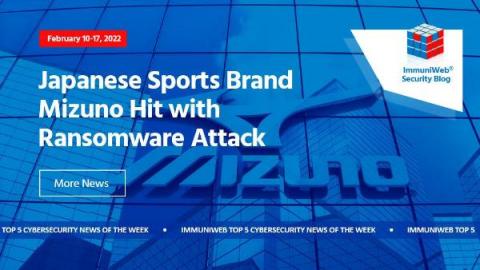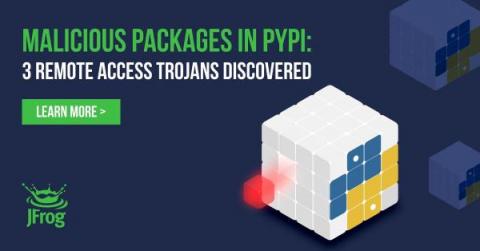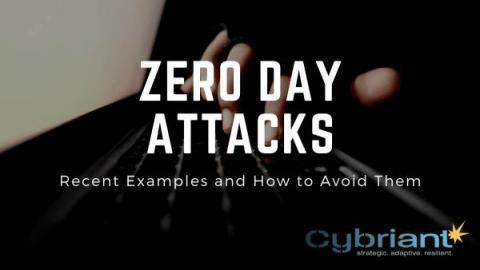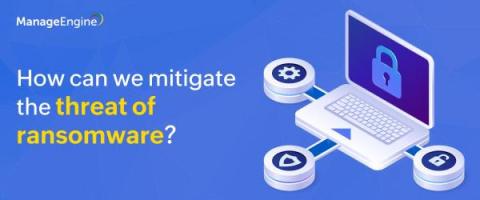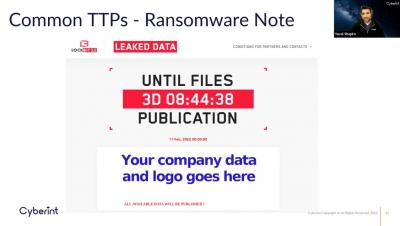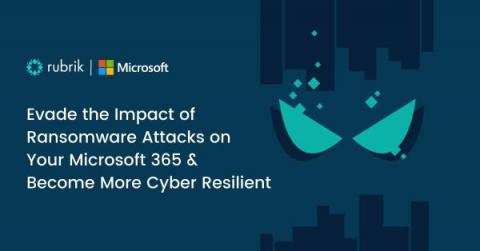Security | Threat Detection | Cyberattacks | DevSecOps | Compliance
February 2022
Elastic protects against data wiper malware targeting Ukraine: HERMETICWIPER
Recently, we have seen several malware campaigns attacking Ukrainian organizations — Operation Bleeding Bear is a recent one of note. Elastic Security researchers recently verified a data wiper malware campaign that is targeting Ukrainian systems. As this malware campaign is new, with more information being uncovered hourly, it is being referred to as HERMETICWIPER.
BlackCat ransomware
This blog was jointly written with Santiago Cortes.
HermeticWiper: An Examination of New Malware Impacting Ukrainian Organizations
CrowdStrike Falcon Protects from New Wiper Malware Used in Ukraine Cyberattacks
On Feb. 23, 2022, a new wiper malware was reported publicly as affecting Ukrainian-based systems. Following a series of denial-of-service attacks and website defacements, the new destructive malware corrupts the master boot record (MBR), partition and file system of all available physical drives on Windows machines. CrowdStrike Intelligence refers to this new destructive malware as DriveSlayer, and it’s the second wiper to affect Ukraine following the recent WhisperGate.
Netskope Threat Coverage: HermeticWiper
In January 2022, Netskope analyzed a destructive malware named WhisperGate, wiping files and corrupting disks during the aftermath of a geopolitical conflict in Ukraine. On February 24, the conflict escalated with Russian attacks in Ukraine, followed by a series of DDoS attacks against Ukrainian websites. On February 24, 2022, a new malware called HermeticWiper was found in hundreds of computers in Ukraine. HermeticWiper corrupts disks on infected systems, similar to WhisperGate.
Manufacturing was the top industry targeted by ransomware last year
Global supply chains are bearing the brunt of ransomware attacks, according to a new report that finds manufacturing was the most targeted industry during 2021. Knocking financial services and insurance off the top of the heap after a long reign, the manufacturing industry was found by IBM to be the most attacked sector – accounting for 23% of reports of ransomware.
Continuous Data Protection at Rubrik
Rubrik Continuous Data Protection (CDP) helps our customers protect mission critical VMware workloads with near-zero Recovery Point Objective (RPO). Recovery operations are available in both local and remote locations. It also integrates seamlessly with Rubrik Orchestrated Application Recovery to provide near-zero RPO and low Recovery Time Objective (RTO) disaster recovery for our customers.
Tackling NCSC Guidance - Part 1 (Data Protection)
Launched in 2016, the National Cyber Security Centre (NCSC) provides advice and support to the public and private sectors on how to address cybersecurity threats. At the moment, NCSC provides information and practical guidance in various articles on its website rather than formal requirements or regulations. That said, NCSC security audits are currently underway, to assess existing solutions and their level of alignment with NCSC guidelines.
Access Brokers: Who Are the Targets, and What Are They Worth?
Access brokers have become a key component of the eCrime threat landscape, selling access to threat actors and facilitating myriad criminal activities. Many have established relationships with big game hunting (BGH) ransomware operators and affiliates of prolific ransomware-as-a-Service (RaaS) programs.
Like Father Like Son? New Mars Stealer
Take Control of Your Cloud Security: Introducing Storage Tiering for Microsoft Azure
As organizations deploy more and more cloud native workloads, the ability to protect them in a secure and cost-effective manner is becoming increasingly important. Data access is also more widely spread, making it even more critical to meet this protection need with a secure, logically air-gapped copy of that data.
Japanese Sports Brand Mizuno Hit with a Ransomware Attack
Read also: Google and Adobe address zero-day flaws, the US issues an alert over Russian hackers, and more.
AvosLocker - the Rising Star of Ransomware
5 Ways Ransomware Can Negatively Impact Your Business
In the past year, virtually every day has brought news of another debilitating ransomware attack. And, in many of those attacks, there were key lessons that can be applied to companies like yours. This article will recap five real-life impacts of recent ransomware attacks. It will also provide best practices you can follow to prevent your organization from becoming a potential victim.
Defend Against Ransomware and Malware with Falcon Fusion and Falcon Real Time Response
Adversaries are moving beyond malware and becoming more sophisticated in their attacks by using legitimate credentials and built-in tools to evade detection by traditional antivirus products. According to the CrowdStrike 2022 Global Threat Report, 62% of detections indexed by the CrowdStrike Security Cloud in Q4 2021 were malware-free.
25 Common Types of Malware & How To Identify Them
Viruses, worms, ransomware — even the least tech-savvy among us know what these are, and want to avoid them if at all possible. What do they all have in common (besides the fact that they can lock up your devices and attempt to steal your data)? They all fall under the malware umbrella.
Ransomware, Immutability, And All That Jazz
There’s no denying it: ransomware is now big business. Entire supply chains exist where organized criminals specialize in one or more parts of the crime. The growing popularity of Ransomware-as-a-Service significantly lowers the technical bar of entry for cybercriminals. Some specializations include gaining access to credentials, penetrating hosts, identifying data, delivering encryption payloads, and accepting and distributing the ransom money.
CrowdStrike's Annual Threat Report Reveals Uptick Around Ransomware and Disruptive Operations; Exposes Evolution of eCrime Ecosystem
Ransomware on the Rise in 2021
Ransomware continued to be the most significant cybersecurity threat facing critical infrastructure, healthcare, defense, and other industries, according to a report issued jointly on February 9 by law enforcement and cybersecurity agencies from the United States, United Kingdom, and Australia.
Government agencies warn of sophisticated, high-impact ransomware
A surge in “sophisticated, high impact” ransomware attacks has prompted the United States’s Cybersecurity and Infrastructure Security Agency (CISA), the UK’s National Cyber Security Centre (NCSC), and the Australian Cyber Security Center to issue a joint advisory about the techniques being used by cybercriminals to attack businesses and organisations.
JFrog Discloses 3 Remote Access Trojans in PyPI
The JFrog Security research team continuously monitors popular open source software (OSS) repositories with our automated tooling to detect and avert potential software supply chain security threats. After validating the findings, the team reports any security vulnerabilities or malicious packages discovered to repository maintainers and the wider community.
Recent Examples of Zero Day Attacks & How to Avoid Them
Zero day attacks consist of almost 80% of all malware attacks. Take a look at some recent attacks and learn how to prevent them. You work hard to secure your business network. Yet determined hackers probe persistently until they find a software vulnerability you don’t know about. They use this previously unknown and unpatched flaw.
Massive ransomware attacks of 2021 and how to avoid them
2021 brought a new wave of cyberattacks that proved to be detrimental to the era of digitization. With more and more industries embracing work from home and treading into the digital world, an increase in network vulnerabilities is inevitable; however, neglecting to address these unseen vulnerabilities can make organizations targets for cybercriminals.
2021 Ransomware Recap Webinar Feb 22
Top 8 Attack Surface Management Solutions for 2022
The flip side of ubiquitous digital transformation and increased reliance on remote work due to the pandemic is that malicious actors get more opportunities to strike. Security perimeters are no longer distinct, and the range of potentially vulnerable enterprise assets is dynamically swelling. As a result, companies big and small are sailing into the perfect storm of cybercrime.
Top 8 Attack Surface Management Solutions for 2022
The flip side of ubiquitous digital transformation and increased reliance on remote work due to the pandemic is that malicious actors get more opportunities to strike. Security perimeters are no longer distinct, and the range of potentially vulnerable enterprise assets is dynamically swelling. As a result, companies big and small are sailing into the perfect storm of cybercrime.
Five Critically Important Facts About npm Package Security
In 2021, the WhiteSource Diffend automated malware detection platform detected and reported more than 1,200 malicious npm packages that were responsible for stealing credentials and crypto, as well as for running botnets and collecting host information from machines on which they were installed.
BlackCat ransomware - what you need to know
BlackCat (also known as ALPHV) is a relatively new ransomware-as-a-service (RaaS) operation, which has been aggressively recruiting affiliates from other ransomware groups and targeting organisations worldwide.
Become Cyber Resilient and Evade the Impact of Ransomware Attacks on Your Microsoft 365
Your Microsoft 365 data is a prime target for ransomware. Attackers know that Microsoft 365 lives directly in the path of business-critical operations now more than ever. As highlighted by Mandiant – one of the industry's leading cyber security firms – this translates to “targeted threat groups investing a lot of time and money into understanding Office 365 and understanding how to attack it.”





